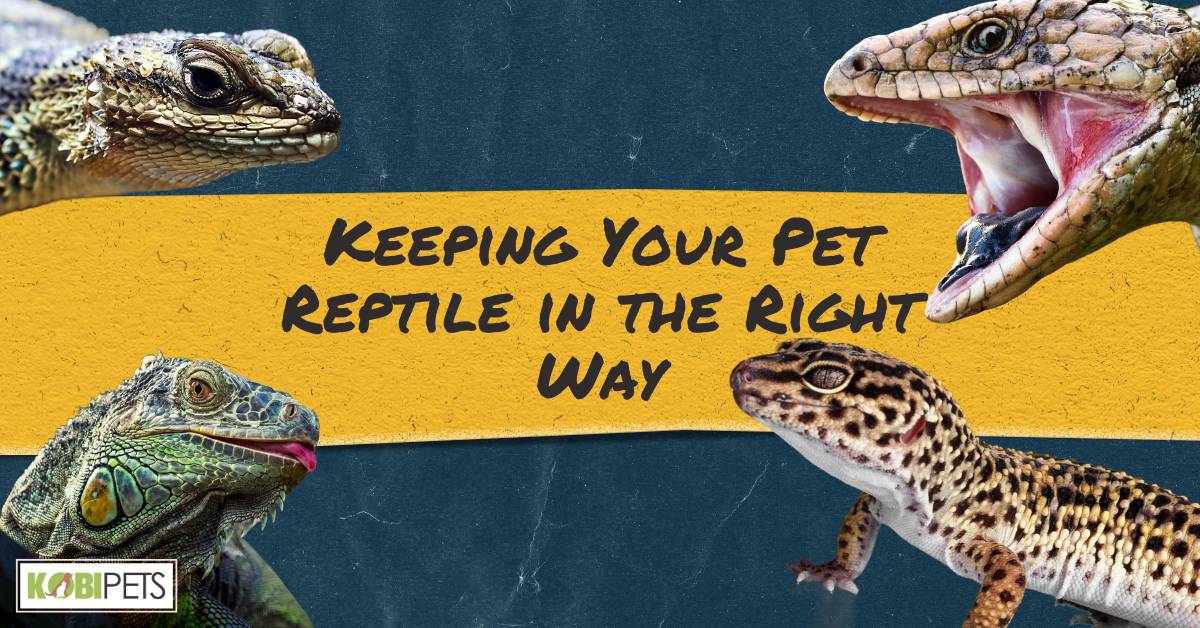
Keeping a pet reptile can be both fun and rewarding, but it requires special care in order to ensure the pet’s safety, comfort, and overall health.
Ensuring the health of your pet reptile requires a commitment to providing them with the right habitat, diet, and veterinary care. With proper research and knowledge, you can make sure that your pet remains healthy and happy for many years to come
Knowing these factors can help you provide your reptile with the best environment possible and may even contribute to an overall better quality of life.
Choosing the Right Habitat
Choosing the right habitat for your pet reptile is one of the most important decisions you can make as a pet owner. Not only will this ensure your reptile remains healthy and safe, but it also helps to create an enjoyable environment for both you and your pet.
In order to select the correct habitat, consider factors including size, temperature, humidity levels, lighting, escapes routes, and other potential hazards such as potential predators or parasites.
Pay attention to all details when picking items like cages, substrates, and décor so that you are giving your pet the best possible home. Remember, you may need to adjust these elements over time as your reptile grows and its needs change.
With the right habitat setup from day one, you are sure to have a happy and thriving pet that remains comfortable in its new home.
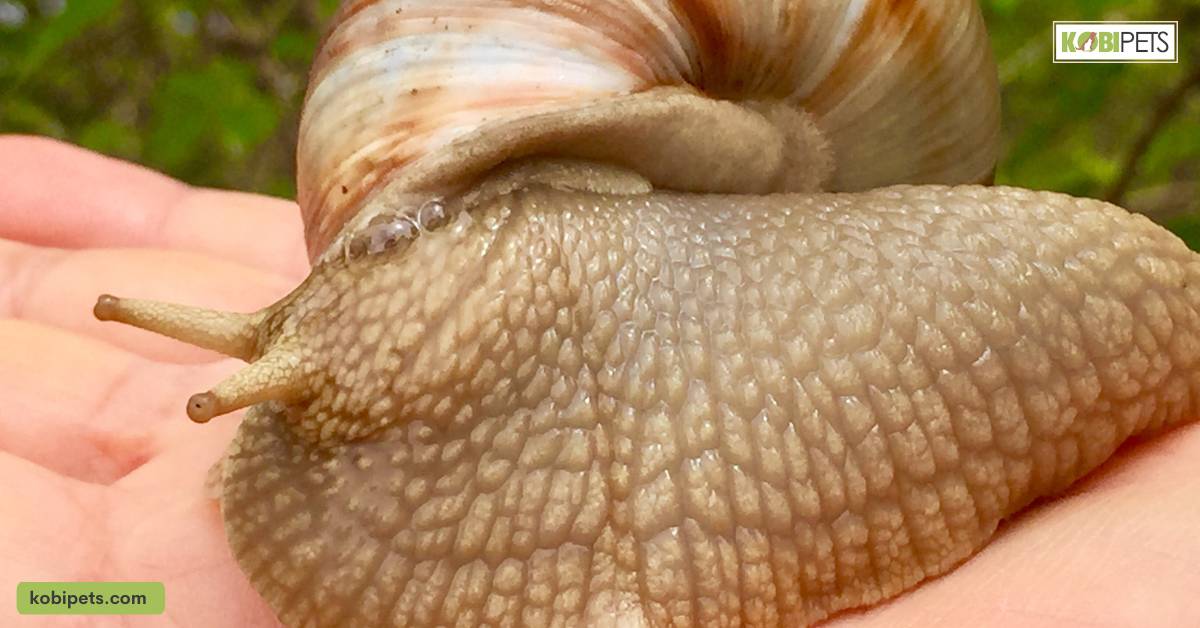
Maintaining the Proper Temperature and Lighting
One of the most important aspects of keeping your pet reptile healthy and happy is providing them with the proper temperature and lighting conditions.
Different species of reptiles have different temperature and lighting requirements, so it is important to research the specific needs of your pet.
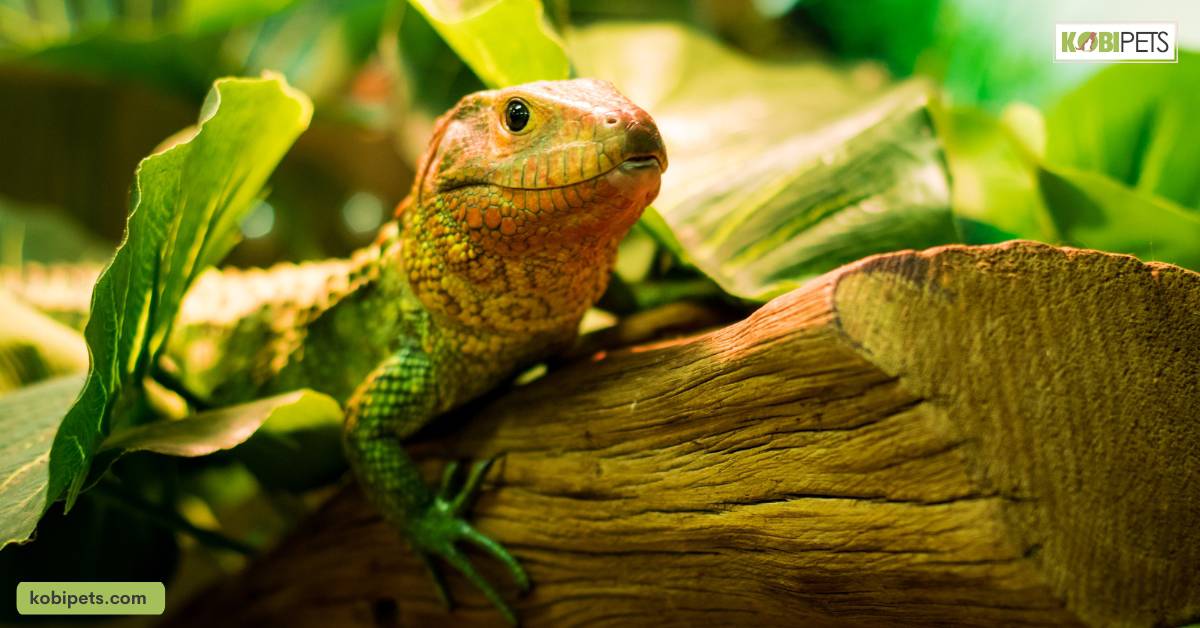
Temperature
Reptiles are cold-blooded, meaning that they need to regulate their body temperature by basking in heat sources or moving to cooler areas. It is important to provide a temperature gradient in their enclosure so that they can regulate their body temperature as needed.
A heat lamp or ceramic heater can be used to provide a basking spot, while a thermometer should be used to monitor the temperature in the enclosure.
Lighting
In addition to heat, reptiles also need the proper lighting for their health. UVB lighting is necessary for reptiles to produce vitamin D3, which helps their bodies absorb calcium. This is important for the health of their bones, skin, and eyes.
The type and intensity of UVB lighting needed will vary depending on the species of reptile. It is important to research and provide the proper UVB lighting for your pet reptile.
In conclusion, maintaining the proper temperature and lighting conditions for your pet reptile is essential for their health and well-being.
Be sure to research the specific needs of your pet and provide them with a temperature gradient and appropriate lighting to ensure they live happy and healthy life.
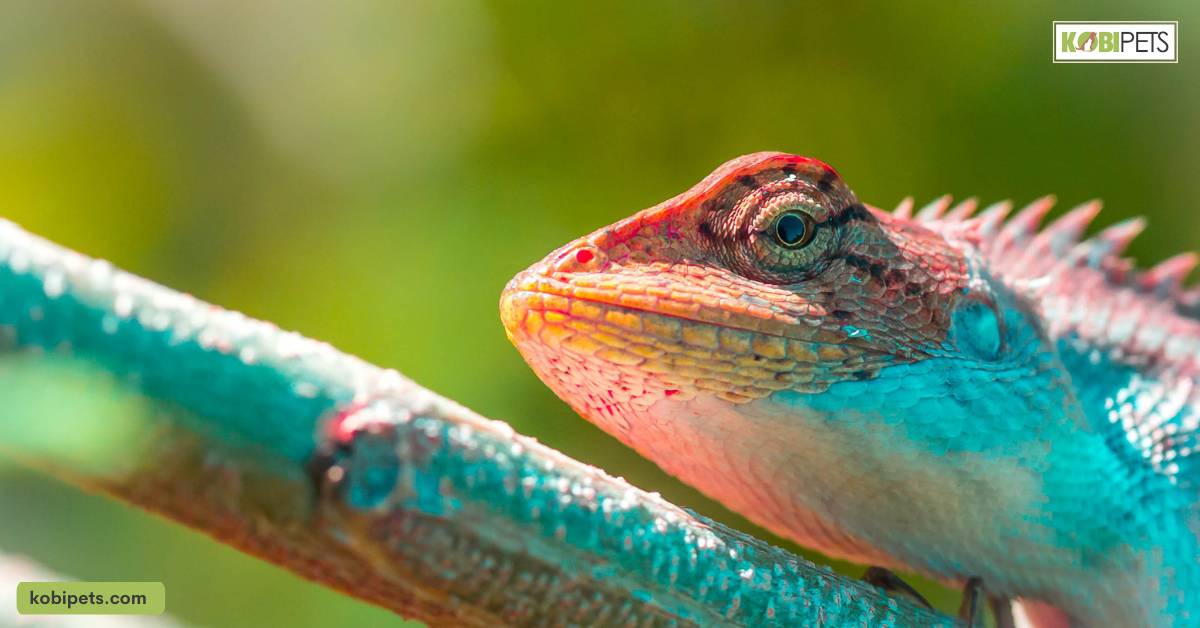
Providing Nutritious and Appropriate Diet
Providing your pet reptile with a balanced and nutritious diet is essential for its health. Reptiles are animals that have adapted to eating specific foods in the wild, so it’s important to research their dietary needs and replicate them as closely as possible.
The best way to do this is by providing fresh vegetables and fruits, supplemented with commercial reptile food or insects. Variety is important and should include items like leafy greens, bugs, worms, fish, and other proteins.
As with humans, variety helps reptiles get all the vitamins and minerals they need to remain healthy. It’s also important to provide clean water on a regular basis in order for your pet reptile to stay hydrated.
By providing a well-rounded diet and clean water, you can help ensure your pet reptile remains active and healthy for years to come.
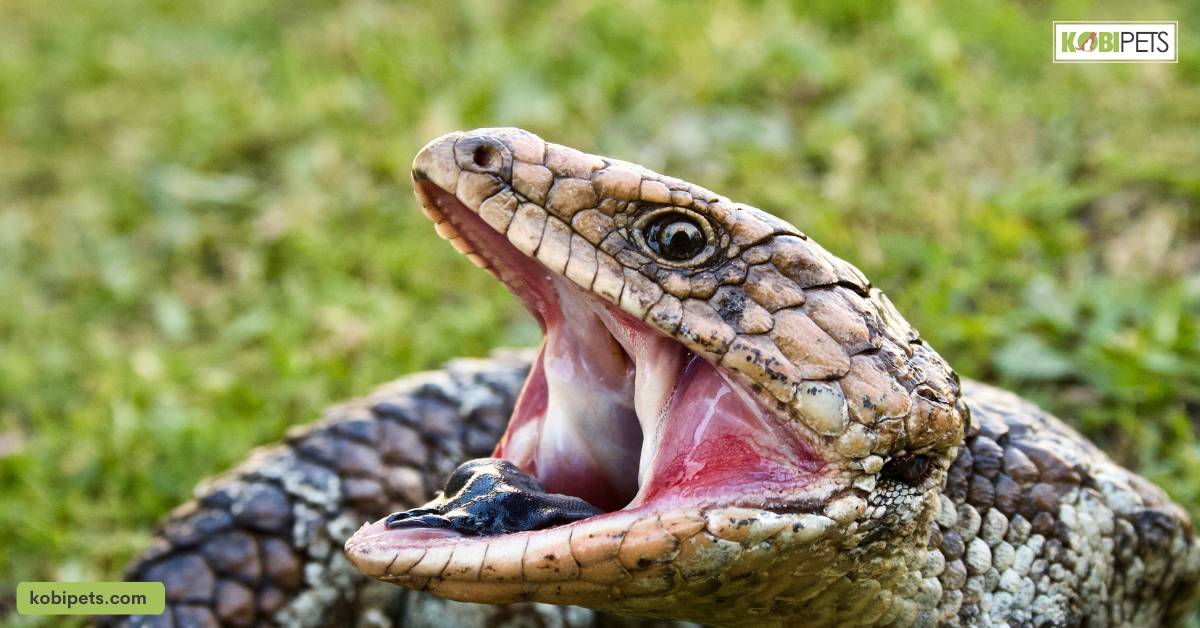
Keeping Your Pet Reptile Clean and Healthy
Keeping your pet reptile clean and healthy is an important part of responsible reptile keeping. Reptiles have specific needs that must be met in order to ensure their health and well-being.
This includes providing them with a clean environment, proper nutrition, and the right temperature and humidity levels.
When it comes to cleaning your pet reptile’s enclosure, it is important to do so on a regular basis. This will help keep the habitat free from bacteria and other contaminants that can make your pet sick.
You should also provide fresh water daily, as well as spot-cleaning any soiled areas of the habitat.
Proper nutrition is also essential for keeping your pet reptile healthy. Different species of reptiles require different diets, so it is important to research what type of food is best for your particular species.
Most reptiles need a combination of live insects, fruits, vegetables, and supplements such as calcium and vitamins.
Finally, maintaining the right temperature and humidity levels in your pet’s enclosure is key to its health. Reptiles are cold-blooded animals that rely on their environment to regulate their body temperature.
It is important to provide a warm area for basking as well as cooler areas for resting or hiding out when needed. The humidity level should also be monitored closely as too much or too little can cause serious health issues for your pet reptile.
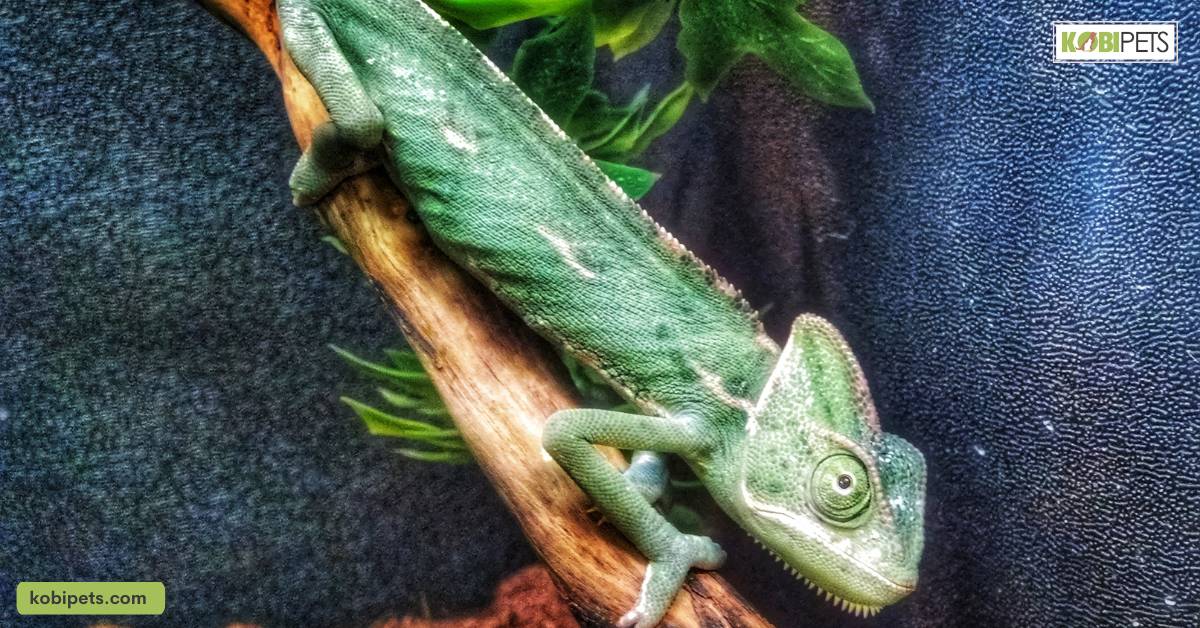
Handling and Interacting with Your Pet Reptile
Handling and interacting with your pet reptile is an important part of caring for them and developing a bond. However, it is important to handle reptiles properly to ensure their safety and comfort.
Here are some tips for handling and interacting with your pet reptile:
- Give them time to adjust: Before handling your pet reptile, give them time to adjust to their new surroundings. This will help reduce stress and make them more comfortable with handling.
- Support their body: When handling your pet reptile, make sure to support its entire body. This will prevent injury and ensure their comfort.
- Avoid handling after feeding: It is best to avoid handling your pet reptile immediately after they have eaten, as it may become upset and regurgitate its food.
- Be gentle: Reptiles have delicate skin, so it is important to handle them gently. Avoid squeezing or rough handling, as this can cause injury or stress.
- Let them explore: Allowing your pet reptile to explore its environment and interact with you on its own terms can be a great way to build trust and create a bond.
- Watch for signs of stress: Pay attention to your pet reptile’s body language and behavior, and stop handling them if they appear stressed or uncomfortable.
- Respect their space: Reptiles are often solitary creatures, and some may not enjoy handling. It is important to respect their space and not force interactions if they are not comfortable.
In conclusion, handling and interacting with your pet reptile can be a rewarding experience, but it is important to do so in a safe and gentle manner. By following these tips, you can build a strong bond with your pet and ensure their comfort and well-being.
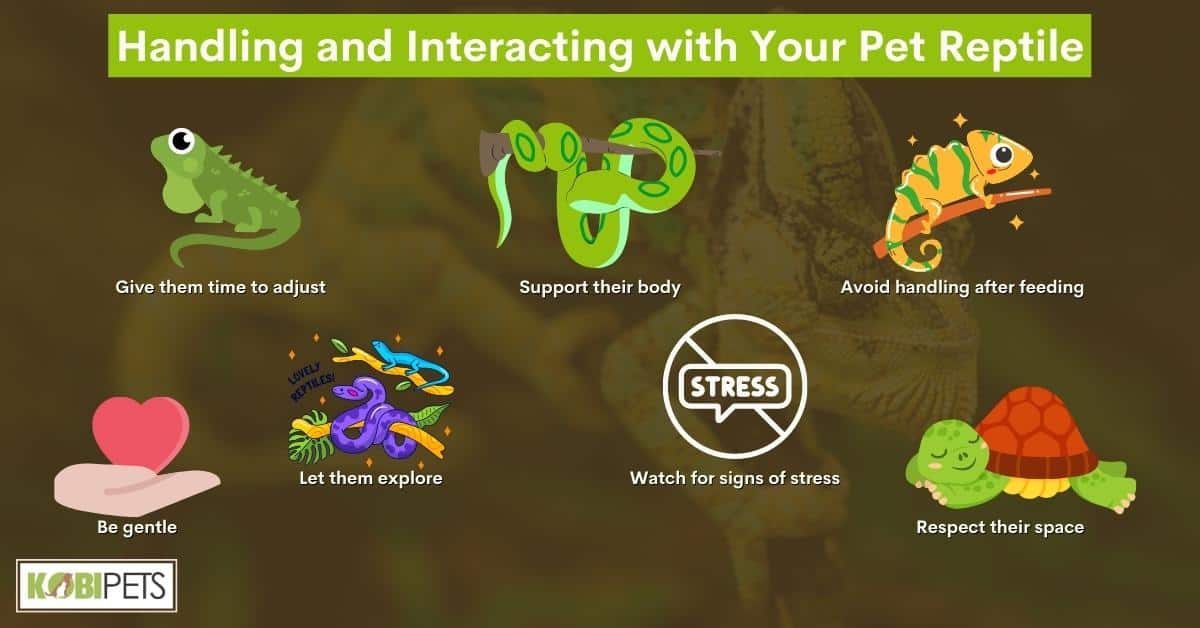
Handling and Interacting with Your Pet Reptile
Preventing and Treating Illnesses in Pet Reptiles
Having a pet reptile can be a rewarding experience, but it is important to be aware of the potential illnesses that reptiles can contract.
Reptiles are prone to several diseases, including ear infections, amebiasis, Salmonella, botulism, campylobacteriosis, and leptospirosis.
Ear Infection
Ear infections are common in turtles and can cause swelling and discharge from the ears. The infection is usually caused by bacteria or fungi and can be treated with antibiotics or antifungal medications.
Amebiasis
Amebiasis is a bacterial infection that affects the digestive tract of reptiles. Symptoms include vomiting, diarrhea, weight loss, and lack of appetite. Treatment involves antibiotics and supportive care such as fluids and electrolyte replacement.

Salmonella
Salmonella is one of the most common zoonotic diseases that can be transmitted from reptiles to humans. Symptoms in humans include fever, abdominal cramps, nausea, vomiting, and diarrhea.
To prevent transmission of Salmonella from reptiles to humans it is important to always wash your hands after handling them or their cages.
Botulism
Botulism is a rare but serious illness caused by toxins produced by certain types of bacteria found in soil or decaying vegetation. Symptoms include paralysis of the limbs and respiratory muscles which can lead to death if not treated quickly with antitoxins.

Campylobacteriosis
Campylobacteriosis is an infection caused by Campylobacter bacteria which can affect both reptiles and humans alike. Symptoms include fever, abdominal pain, bloody diarrhea, nausea, vomiting, and dehydration.
Treatment includes antibiotics as well as supportive care such as fluids and electrolyte replacement therapy.
Leptospirosis
Leptospirosis is another zoonotic disease that can be transmitted from reptiles to humans through contact with infected urine or contaminated water sources such as ponds or streams where wild animals may have urinated in them.
Symptoms in humans include fever, headache, chills muscle aches, and jaundice (yellowing of the skin). Treatment includes antibiotics as well as supportive care such as fluids and electrolyte replacement therapy if needed.
It is important to take preventive measures when caring for pet reptiles in order to reduce the risk of illness for both you and your pet reptile companion.
Always practice good hygiene when handling your reptile or cleaning its cage; wash your hands thoroughly after contact with your pet reptile or its cage materials
By taking these preventive measures you will help ensure that you are providing a healthy environment for your pet reptile companion(s) while also reducing the risk of contracting any illnesses yourself!
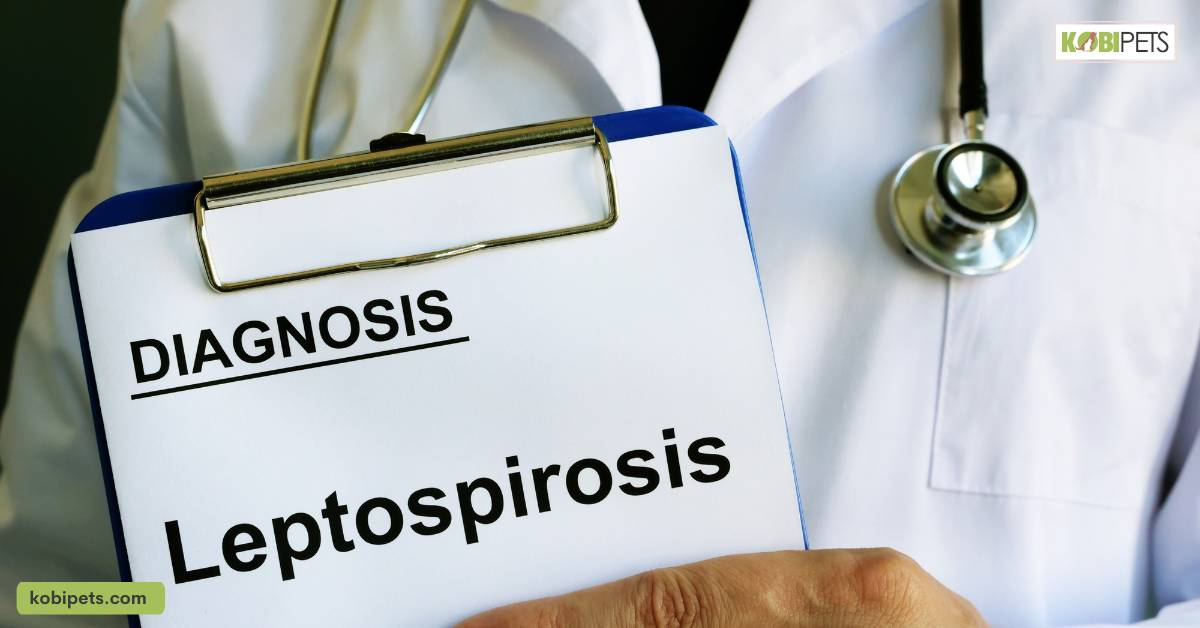
Importance of Regular Vet Check-Ups
Regular vet check-ups are an important part of pet care. By taking your pet to the vet for regular check-ups, you can ensure that they stay healthy and happy.
During these appointments, your veterinarian will be able to assess your pet’s overall health and detect any potential problems before they become serious.
At a regular check-up, your veterinarian will examine your pet from head to tail. They may also take blood samples or other tests to look for signs of illness or infection. This is especially important for older pets, as they may be more prone to certain diseases or conditions.
Your vet may also discuss preventative care such as vaccinations and parasite control with you during the appointment.
In addition to physical exams, regular vet check-ups are also a great opportunity for you and your veterinarian to discuss any concerns you have about your pet’s health or behavior.
Your vet can provide advice on nutrition, exercise, and other lifestyle changes that can help keep your pet in top condition.
Regular vet check-ups are essential for keeping our pets healthy and happy. By scheduling regular appointments with your veterinarian, you can ensure that any potential issues are caught early and treated quickly.
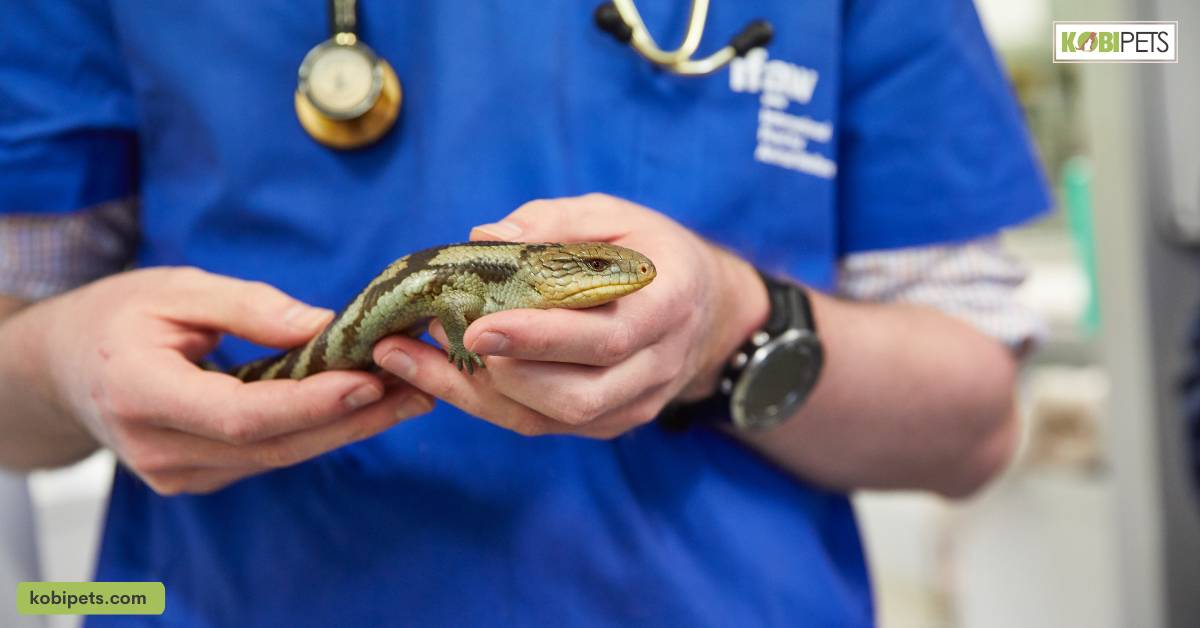
In conclusion
Caring for a reptile is a major responsibility. It requires a lot of research to understand the habits and needs of each species, and an investment in appropriate equipment and an environment that will keep your reptile healthy.
Having access to reliable care advice is also essential. When you are prepared and informed, however, it can be highly rewarding to provide your pet reptile with the best possible care and comfort.
With consistent attention to their unique behaviors and requirements, you can ensure that your reptile leads a happy life – one that it deserves!






